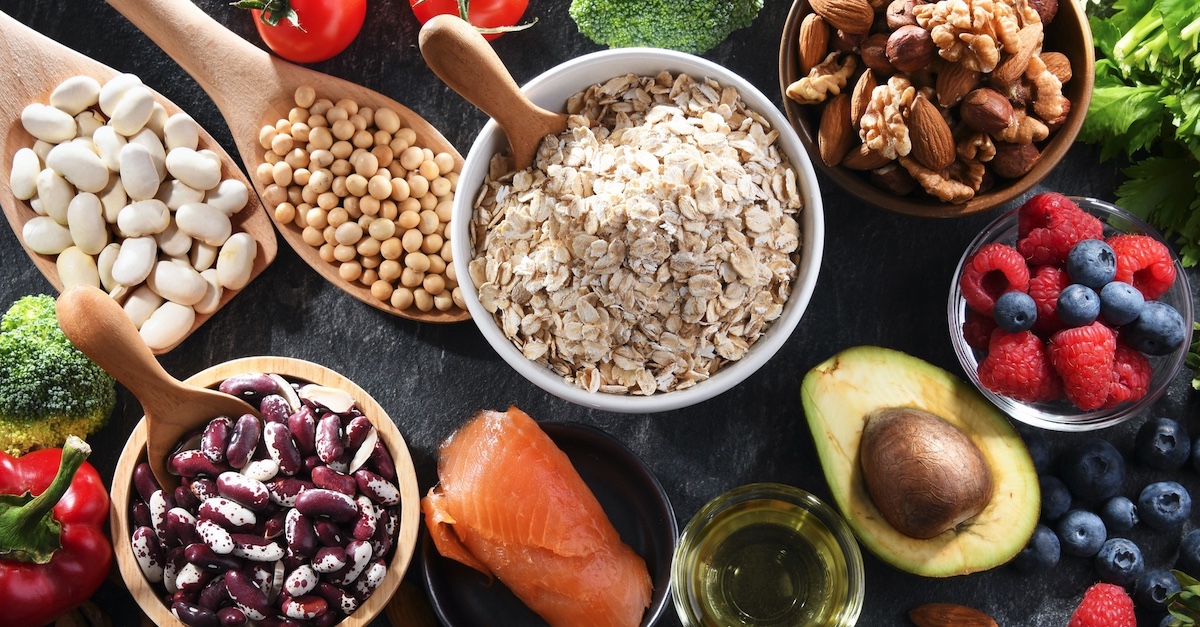Serving the Lowcountry and Coastal Empire of Georgia and South Carolina.
Tuesday, September 3, 2024

Like other key health metrics, cholesterol is an important marker of our overall health. But unless you’ve already talked to your provider about it, you may be unfamiliar with the differences between “good” cholesterol and “bad” cholesterol. Here, we break down these two types and share what you can do to get your cholesterol levels where they should be.
Cholesterol is a type of fat, or lipid, found in all the cells of your body. You need at least some cholesterol to function, but when too much builds up in your blood, it can accumulate on the walls of your arteries. As the cholesterol collects and forms plaques, it creates a condition known as atherosclerosis, in which your arteries become narrowed and hard. Atherosclerosis increases your risk of several serious conditions, including heart disease, blood clots, heart attacks, and stroke.
High cholesterol is especially risky because it often presents no symptoms. In fact, it’s possible to live symptom-free for a long time before experiencing a serious health event. Fortunately, having your cholesterol levels routinely monitored can help you identify issues and address them proactively. Understanding the different types of cholesterol is a great place to start.
High-density lipoprotein (“HDL”) is often referred to as “good” cholesterol. Its function is to help your liver remove excess “bad” cholesterol, or low-density lipoprotein (“LDL”) from your bloodstream. But even if you have ample HDL cholesterol, it won’t make up for an excess of LDL cholesterol, since only a portion of LDL can be transported by HDL.
Keeping your HDL and LDL levels within a healthy range can help reduce your risk of serious cardiovascular issues. With that in mind, normal cholesterol levels vary by age and sex:
“Keeping your HDL above 60 mg/dL in general is one of the greatest protections against heart disease,” says SouthCoast Health Family Medicine Physician, Dr. Adam F. Novack.
Your total cholesterol is another metric to watch, which looks at both your HDL and LDL as well as triglycerides, another type of fat. Like LDL cholesterol, high triglycerides can put you at risk of atherosclerosis and other health issues.
The first step to reaching and maintaining healthy cholesterol levels is knowing where you currently stand. By age 20, you should start having your cholesterol checked every five years, and then more frequently by the age of 45.
If you’ve been diagnosed with high “bad” cholesterol, there are many ways you can lower it and boost your “good” cholesterol. Maintaining a healthy weight, avoiding smoking, and incorporating more physical activity into your daily routine are great places to start. You may also benefit from a cholesterol-friendly diet, which prioritizes high-fiber foods like oatmeal, fruits, and vegetables, and limits foods high in saturated fats like full-fat dairy, baked goods, butter, and red meat.
At SouthCoast Health, our primary care specialists prioritize comprehensive preventative wellness, from cholesterol screenings to managing chronic conditions. If your cholesterol levels are impacting your heart health, our team of cardiology experts is here to assist. You can find your provider online or schedule an appointment by calling 912.691.3600.
Whether you are looking for a primary care doctor or a pediatrician, or another medical specialist, SouthCoast Health has you covered with its wide range of world-class healthcare services, available throughout the Coastal Empire and Lowcountry. SouthCoast Health has 120 physicians and medical professionals in 18 locations in Savannah, Richmond Hill, Pooler, Rincon, Baxley, Hilton Head, Hinesville, and Statesboro. SouthCoast Health offers comprehensive medical services including: Family Medicine, Internal Medicine, Pediatrics, Allergy and Asthma, Cardiology, Endocrinology, Eye Care, Imaging, Infectious Diseases, Nephrology, Neurology, Physical Therapy, Podiatry, Surgery, Clinical Trial Research Studies, Diabetic Self-Management Training Sessions, Dietetic Counseling, Laboratory Services, Massage Therapy, Optical Shop, Pharmacy, and Urgent Care.